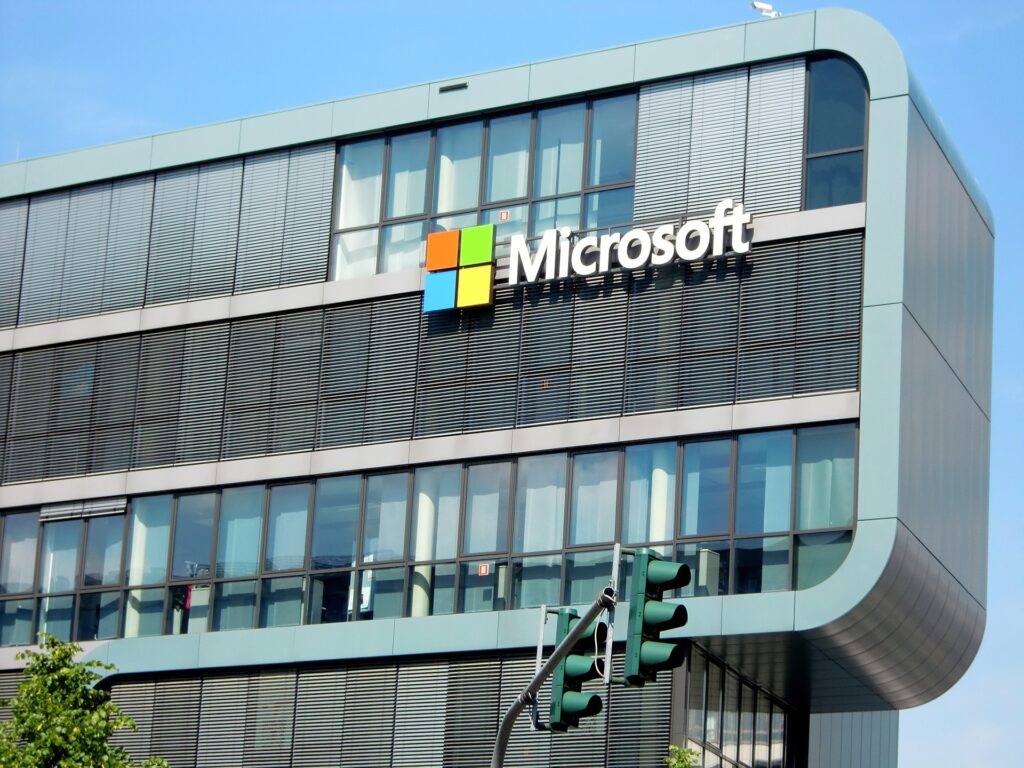On January 18, 2022, Microsoft made a seismic shift in the gaming industry with a groundbreaking announcement: the acquisition of Activision Blizzard for a staggering $68.7 billion, the largest deal in video game history. This colossal move, expected to close in mid-2023, marks a pivotal moment in the ever-evolving realm of gaming, with far-reaching implications for both the industry itself and the millions of gamers worldwide.

A Titan Emerges in the Gaming Arena
With this acquisition, Microsoft, the tech giant behind the Xbox and Windows gaming platforms, has solidified its position as a formidable force in the gaming landscape. By bringing under its umbrella iconic gaming franchises like Call of Duty, World of Warcraft, and Candy Crush Saga, Microsoft has significantly expanded its portfolio, gaining control over some of the most popular and profitable titles in the industry.
This move has catapulted Microsoft into the upper echelons of the gaming industry, creating a titanic entity with a vast array of resources and intellectual property. The acquisition has transformed Microsoft’s gaming division, Xbox Game Studios, into the largest third-party gaming publisher in the world, surpassing former heavyweights like Electronic Arts and Take-Two Interactive.
Industry Implications and Gamer Reactions
The acquisition has sparked a range of reactions, with some gamers expressing excitement at the prospect of Microsoft’s stewardship of their beloved franchises. They anticipate increased investment, innovation, and cross-platform compatibility, potentially leading to enhanced gaming experiences.
Others, however, voice concerns about the potential for reduced competition and higher prices, fearing that this consolidation of power could negatively impact the overall gaming experience. Some experts express apprehension about the potential for Microsoft to leverage its newfound dominance to favor its own gaming platforms and cloud services, potentially stifling competition and innovation.
Regulatory Scrutiny and the Road Ahead
The deal remains subject to regulatory approval, with government bodies in the United States, the United Kingdom, and other regions closely scrutinizing the potential antitrust implications. While the acquisition is expected to receive the necessary approvals, the regulatory process could introduce additional hurdles or stipulations.
In the United States, the Federal Trade Commission (FTC) is conducting a thorough review of the deal, examining whether the acquisition would substantially lessen competition or tend to create a monopoly. The FTC’s investigation could potentially delay the deal’s completion or even lead to its rejection.
The Future of Gaming: A Landscape in Transition
As the dust settles and the acquisition moves towards completion, the gaming industry is poised for a period of significant transformation. Microsoft’s newfound dominance could reshape the competitive landscape, alter pricing models, and redefine the gaming experience for millions of players.
The acquisition could lead to the consolidation of gaming platforms and services, potentially reducing consumer choice and increasing subscription fees. Microsoft’s cloud gaming platform, Xbox Game Pass, could become even more ubiquitous, providing access to a vast library of games for a monthly subscription fee.
Conclusion
Microsoft’s acquisition of Activision Blizzard is a monumental event that will undoubtedly shape the future of gaming. While the full implications of this deal remain to be seen, it is clear that the gaming industry is entering a new era, one characterized by consolidation, innovation, and uncertainty. Only time will tell whether this acquisition will usher in a golden age of gaming or a period of reduced competition and higher prices.
